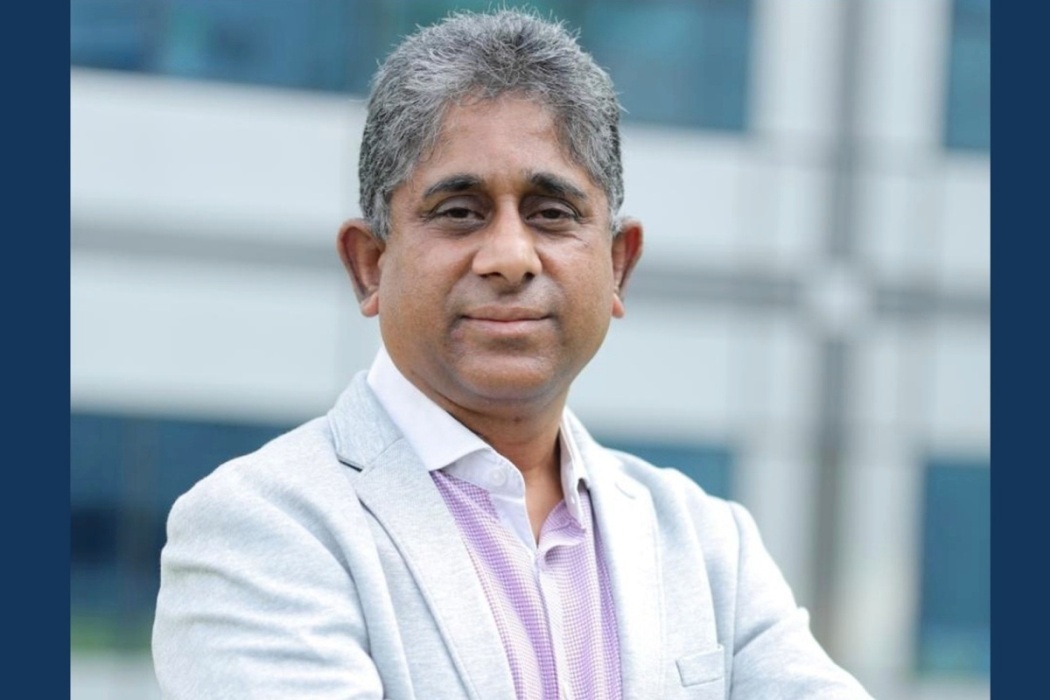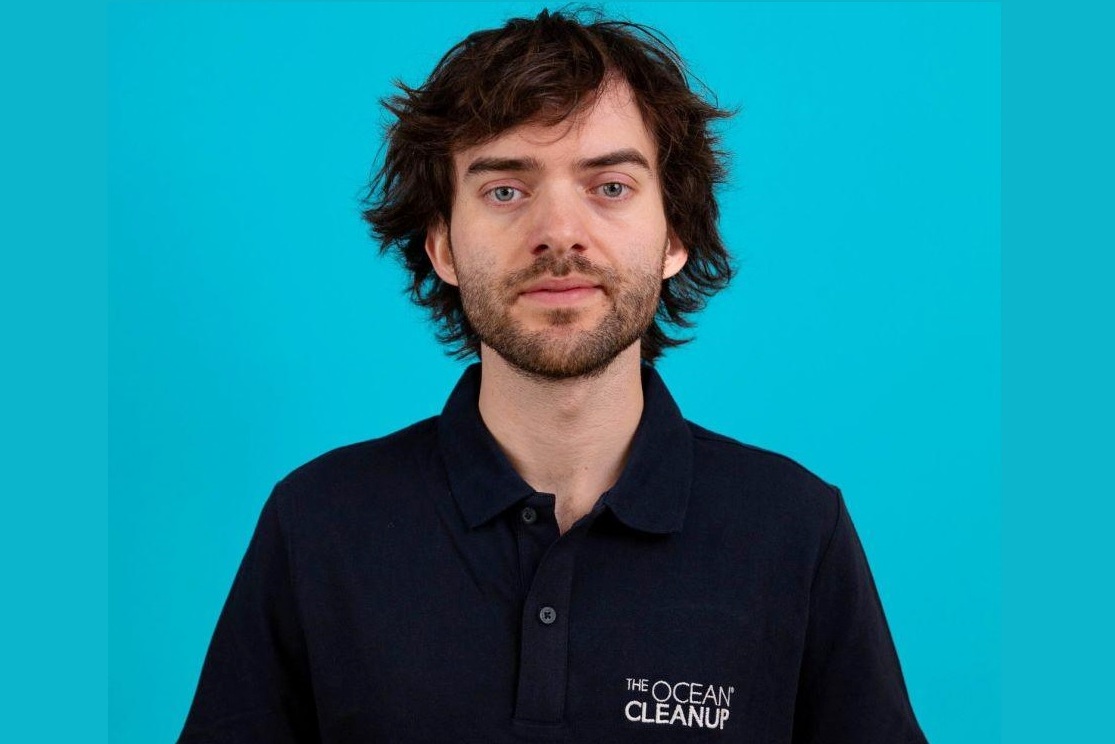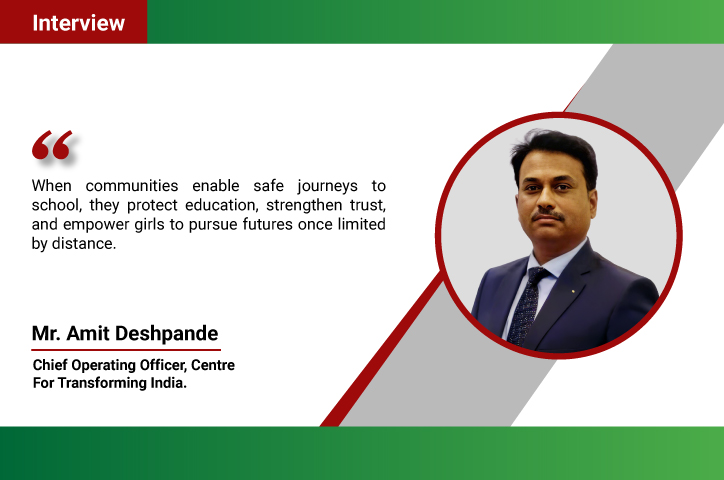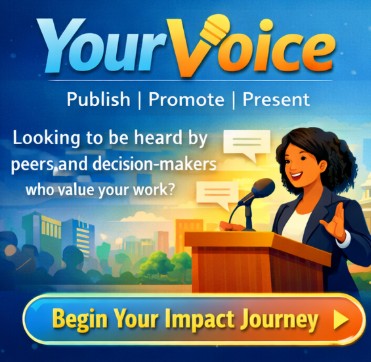In today’s evolving CSR landscape, companies are shifting from cheque-book charity to building long-term, community-centric change. Worldline India’s latest CSR Report for FY 2024–25, “Beyond Payments: Our Social Footprint,” is a compelling reflection of this transformation. The report underscores how strategic partnerships, employee volunteering, and outcome-driven programmes are redefining the role of corporates in driving social impact.
In this exclusive interview, Mr. Ramesh Narasimhan, Chief Executive Officer – Worldline India, shares insights into the company’s people-first, purpose-led CSR vision. He discusses the evolution from transactional philanthropy to sustainable development, highlighting initiatives across water conservation, disability inclusion, and child welfare. The conversation also explores how Worldline aligns its business values with social responsibility, builds innovation-led NGO collaborations, and empowers employees to become agents of change. From reviving water bodies in rural Maharashtra to creating assistive tech labs for the visually impaired, this dialogue reveals how CSR, when integrated with intent and innovation, can build resilient, inclusive communities.
Q&A
Q. Worldline India’s CSR report, “Beyond Payments: Our Social Footprint,” highlights a shift from transactional philanthropy to long-term community transformation. Could you elaborate on the guiding vision behind this approach and how it has evolved over the years?
A. Our vision has matured from viewing CSR as a series of charitable activities to embracing it as a strategic enabler of inclusive growth. Today, Worldline India’s CSR aligns with the Trust 2025 global sustainability framework, focusing on long-term, measurable outcomes across material ESG themes.Whether it's child welfare, water security, or disability inclusion, the shift reflects a deeper purpose — to co-create resilient, empowered communities where technology and humanity intersect. We’re not just giving back; we’re building forward.
Q. As a global fintech leader, how does Worldline integrate its core business philosophy with its grassroots-led CSR strategy — particularly in areas like water conservation, child welfare, and disability inclusion?
A. Our core business — building trusted, inclusive digital ecosystems — mirrors how we approach CSR - with intentionality, scale, and sustainability.In disability inclusion, the same ethos that drives our payment technology also powers our assistive technology labs and digital literacy initiatives for the visually impaired. For water conservation, we bring the same operational rigor that we apply in fintech. This includes data-backed interventions, fostering community ownership, and implementing systems for sustainability monitoring. By combining analytics with grassroots action, we ensure long-term impact and resilience in water-stressed communities.Our child-centric programs are guided by design thinking principles — placing the child’s journey at the center of every intervention. We focus on creating environments that nurture care, growth, and possibility, ensuring that each child can thrive with dignity and opportunity.This integration ensures CSR isn’t peripheral. It’s an organic extension of our business philosophy.
Q. The desilting of 37 water bodies in Maharashtra under Project Jal Sanjeevani created 400 million litres of water storage and helped over 500 farmers. What were the key challenges and learnings from executing such a large-scale rural intervention?
A. Jal Sanjeevani was both ambitious and deeply rooted. Some key on-ground challenges included -
Navigating complex geographical and hydrological terrains is a significant challenge in our conservation efforts. Each region presents its own set of variables — from soil types and water tables to seasonal flow patterns — requiring tailored solutions and continuous on-ground adaptability.Securing community participation and ownership is central to the long-term success of our initiatives. Aligning multiple stakeholders and local agencies demands constant coordination and shared vision. Maintaining ecological integrity during desilting activities is crucial. While improving water retention and recharge, we are equally mindful of preserving the surrounding biodiversity, native vegetation, and natural habitats.
Our key learnings:
Community ownership is non-negotiable — when locals took charge of monitoring, outcomes improved dramatically.Reusing nutrient-rich silt for farming transformed over 750 acres, enabling second-crop cycles.Water conservation must go beyond storage — it must regenerate livelihoods to be sustainable.
Q. Disability inclusion is often overlooked in corporate CSR portfolios. What motivated Worldline India to establish a dedicated centre in Bengaluru with EnAble India, and what impact have you witnessed?
A. The Bengaluru centre reflects Worldline’s belief in ability over disability. It’s more than infrastructure — it’s a launchpad for confidence, competence, and community.
Through EnAble India, we support:
- Digital literacy
- Job readiness
- Emotional resilience via the Manomaya initiative
The stories speak volumes — from Northeast youth regaining confidence to orphans learning teamwork, the centre has become a space of dignity and aspiration, not charity. It’s our way of embedding accessibility into India’s workforce, systemically.
Q. Your collaboration with Catalysts for Social Action (CSA) has supported over 300 children through “Adopt a Home” and “After Care” programmes. How does this child-centric approach reflect your larger CSR vision?
A. The CSA partnership supports 316 children across Child Care Institutions (CCIs) through, Holistic health, hygiene, and nutrition, Joyful learning and life skills and after-care support for care leavers transitioning to adulthood. This reflects our vision to build inclusive ecosystems. We don’t just aim to shelter children — we prepare them for self-reliance. By co-creating content, iterating with feedback, and investing long-term, we’ve moved beyond top-down philanthropy to create a living, responsive support system.
Q. The report mentions over 2,000 hours of employee volunteering. How do you encourage and institutionalize employee engagement in CSR?
A. With 150+ employees contributing over 2,000 volunteering hours, CSR is deeply embedded in our workplace culture.We encourage engagement through, flexible volunteering format, skills-based mentoring and awareness campaigns and recognition programs. The result is a ripple effect — volunteers become internal advocates for inclusion, empathy, and social responsibility, enriching both community outcomes and our internal culture.
Q. What internal mechanisms does Worldline India use to measure and ensure sustainability of impact across diverse geographies like Maharashtra, Odisha, and Karnataka?
A. We’ve built strong governance into CSR delivery -
Strategic partnerships with trusted NGOs (CSA, EnAble India, Indivish), Defined outcome metrics (e.g., litres conserved, children supported) and Region-specific interventions that account for socio-economic context. We also work cross-functionally, ensuring alignment between business, CSR, and employee engagement units — making CSR a shared mission, not a siloed activity.
Q. Looking ahead, what emerging areas or challenges is Worldline keen to address through CSR?
A. We’re evolving towards multi-year, innovation-led CSR. Our key focus areas ahead are Climate resilience, health equity, and deeper disability inclusion, new partnerships in nature conservation, mental health, and youth skilling, expanding employee volunteering through immersive and skills-based formats and scaling existing themes (water, inclusion, education) into employability and STEM access for underserved youth. It’s a shift from doing more to doing deeper, with purpose and precision.
Q. How have partnerships with NGOs like EnAble India, CSA, and Indivish enhanced the innovation and impact of your CSR programmes? What defines a successful CSR-NGO partnership for Worldline?
A. Each NGO we partner with brings unique strengths:
- EnAble India: Tech-driven disability inclusion with a human touch
- CSA: Evidence-backed, child-first care reform
- Indivish Foundation: Scalable, livelihood-linked water security
What makes these partnerships successful:
- Co-creation, not just funding
- Senior leadership involvement
- Shared vision and clearly defined impact metrics
For us, successful partnerships are equal, evolving, and empathetic — built on mutual respect and shared purpose.



















